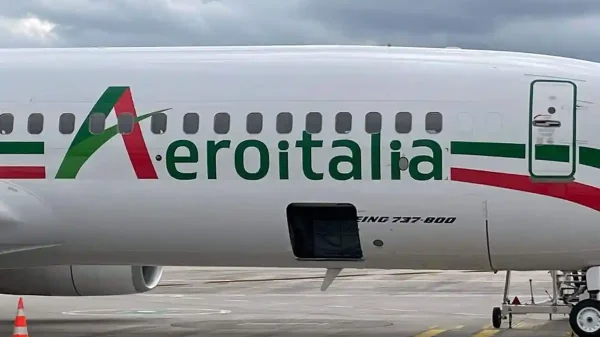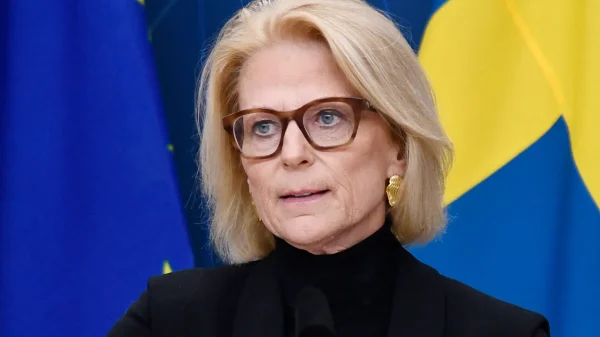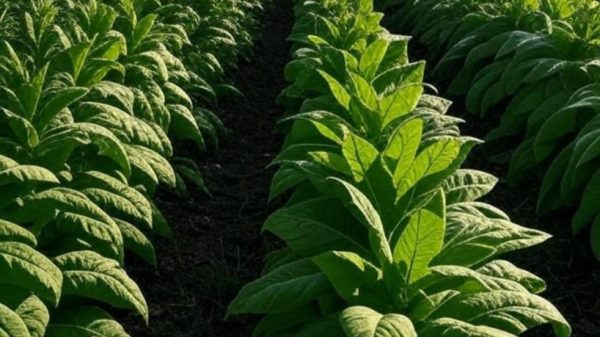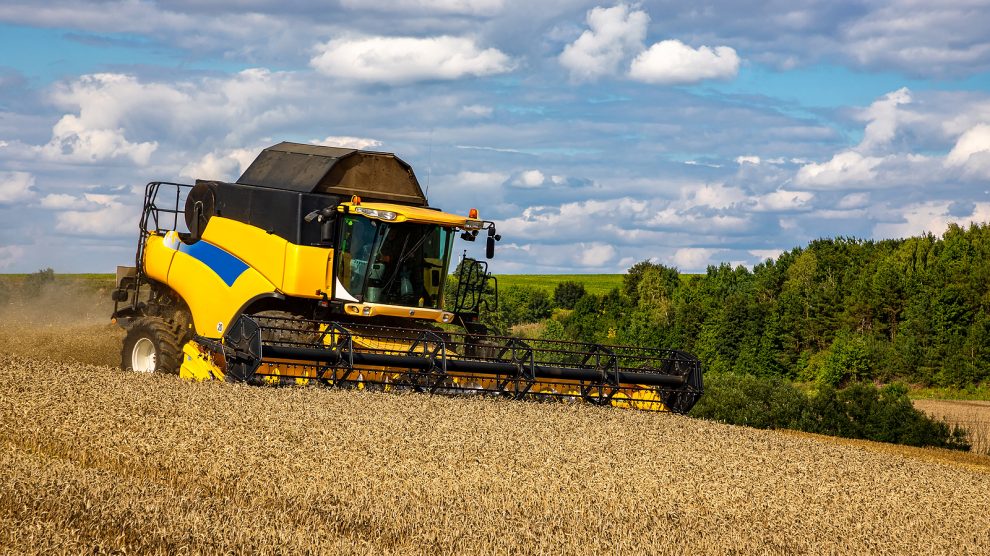With the Ukraine Black Sea grain deal hanging in the balance amid Russia’s threats to pull out ahead of the 18 May extension deadline, UN Secretary-General António Guterres has set out his vision for its preservation in a letter to Russian President Vladimir Putin. But Sergei Lavrov, Russia’s Foreign Minister, has poured cold water on breakthrough hopes, deeming progress towards meeting its agricultural export demands “not very noticeable,” after meeting with Guterres on 24 April.
Concerningly, the deal’s potential collapse comes at a time when patience within the EU’s central and eastern European (CEE) countries is running out over the torrents of Ukrainian grain exports entering the bloc via its ‘solidarity lanes’ scheme, which has left local farmers in dire straits and fueled protests. Considering the region’s upcoming general elections and their farmers’ significant electoral weight, Brussels must seize the opportunity to adapt its often out-of-touch, unfair agri-food policies to better support local farmers and help preempt a looming swing towards Eurosceptic populism.
Solidarity lanes caving in
After months of mounting pressure, CEE frustration over the unintended consequences of EU’s ‘Solidarity lanes’ initiative reached boiling point in April, with Poland, Hungary, Slovakia and Bulgaria introducing import bans.
Justifying the controversial move that triggered a regional chain reaction, Polish Agriculture Minister Robert Telus claimed that “we were forced to do this” to protect the country’s farmers “because the European Union had its eyes closed to the problem” concerning the large flows of cheaper Ukrainian grains that have driven down prices to the significant financial detriment of local farmers.
Considering the condemnation arising from Brussels diplomatic circles over the bans’ supposed illegality, Commission spokesperson Eric Mamer has encouragingly stressed that the EU response “is not about sanctioning,” but “finding solutions.” Last week, the EU executive announced an additional €100 million in support for the five “frontline” countries, while agreeing to ban the sale of Ukrainian grain on their territories if they let in Ukrainian exports for transit to other countries.
Poland has since lifted its ban temporarily amid negotiations, although the EU Parliament trade committee’s 27 April vote to extend the grain scheme could complicate matters. Regardless of the ultimate resolution, the intensity of protests seen in Poland, Bulgaria and Romania in recent weeks highlights the urgent economic and political imperative for swerving bureaucracy and delivering on-the-ground support for farmers.
Food label debate splitting the continent
But Ukrainian grain is not the only Brussels-linked threat to CEE farmers. The Commission’s long-awaited proposal for a mandatory front-of-package (FOP) food label continues to breed uncertainty and controversy across the bloc, with Nutri-Score by far the most polarising of the labels under consideration. While still backed by heavyweights such as France, Germany, Spain and the Netherlands, several CEEs – namely Hungary, Romania and the Czech Republic – have openly expressed their opposition to Nutri-Score, joining a Mediterranean coalition comprising the likes of Greece, Italy and Cyprus.
Opponents of Nutri-Score have highlighted the system’s unreliable algorithm, which grades food and beverage healthiness on a ‘green A’ to ‘red E’ scale based overwhelmingly on salt, sugar and fat contents. In fact, the algorithm has had to be updated, with its initial branding of olive oil with a ‘D’ attracting widespread criticism and exposing significant scientific shortcomings.
Although olive oil will jump to a ‘B’ in Nutri-Score 2.0, the fact that artificial sweetener-filled products like Coke Zero will receive the same score, while even besting the ‘C’ given to whole milk, shows that the algorithm’s fundamental problems remain. Food scientist Frédéric Leroy has rightly questioned how such products can receive positive Nutri-Scores when they fail to “offer any nutrition to begin with,” as opposed to natural, micronutrient-rich olive oil and dairy products.
In this light, the Romanian National Authority for Consumer Protection’s Nutri-Score ban last autumn as well as Czech and Polish concerns over the label’s overly simplistic approach and adverse impacts on local farmers are highly understandable.
CAP freezing out small farmers
A less visible, yet highly insidious trend is significantly exacerbating the challenges facing CEE farmers: land concentration.
The structure of the Common Agricultural Policy (CAP), the EU’s farming subsidy programme, has been the primary culprit, with subsidies paid per hectare incentivising agricultural companies’ acquisition of additional land, thus favouring larger, well-resourced farms. For example, in Germany, the top 1% of farm recipients receive nearly one-quarter of its CAP funds, while its smallest farmers, which account for half of all farms, take home a meagre 8%. Poland, the CEE region’s agricultural powerhouse, is similarly characterised by a large share of small farms and significant income disparities.
This situation has resulted in the progressive expansion in size and decrease in number of farms in Europe, which have dropped by over 30% – or 5 million farms – in recent years according to an EU study published in 2022, with smallholdings hit hardest and newcomers increasingly squeezed out by soaring land prices, while the number of large farms rose by 7%.
Offering a glimmer of hope, the reformed CAP launched in January shows a refreshing focus on fairness and small farmer support, with new measures including subsidy redistribution mechanisms, start-up funding for young farmers and enhanced local flexibility, although axing the area-based funding system remains off the table.
Resetting Brussels-CEE relations
While CEE farmers already face dire pressures, they could get much worse if the Black Sea grain deal falls through and sends more Ukrainian exports along the EU’s solitary lanes – a situation Russia would be keen to exploit. Moreover, given falling farmer support ahead of upcoming elections, the EU has both an obligation to tailor its policies accordingly and a major opportunity to reset its damaged CEE relations.
In this climate, Brussels can step up and show strong, grounded leadership for these crucial farming communities where Poland and other governments in the region have failed to deliver. In the process, the EU could show a new face and help prevent a vengeful return of illiberal populism in the region that a Robert Fico-led SMER-SD victory in Slovakia’s election, a PiS reelection in Poland and a revival of the Hungary-Poland engine within the Visegrad Group would engender, with obvious implications for EU unity and Russia’s regional influence.













































